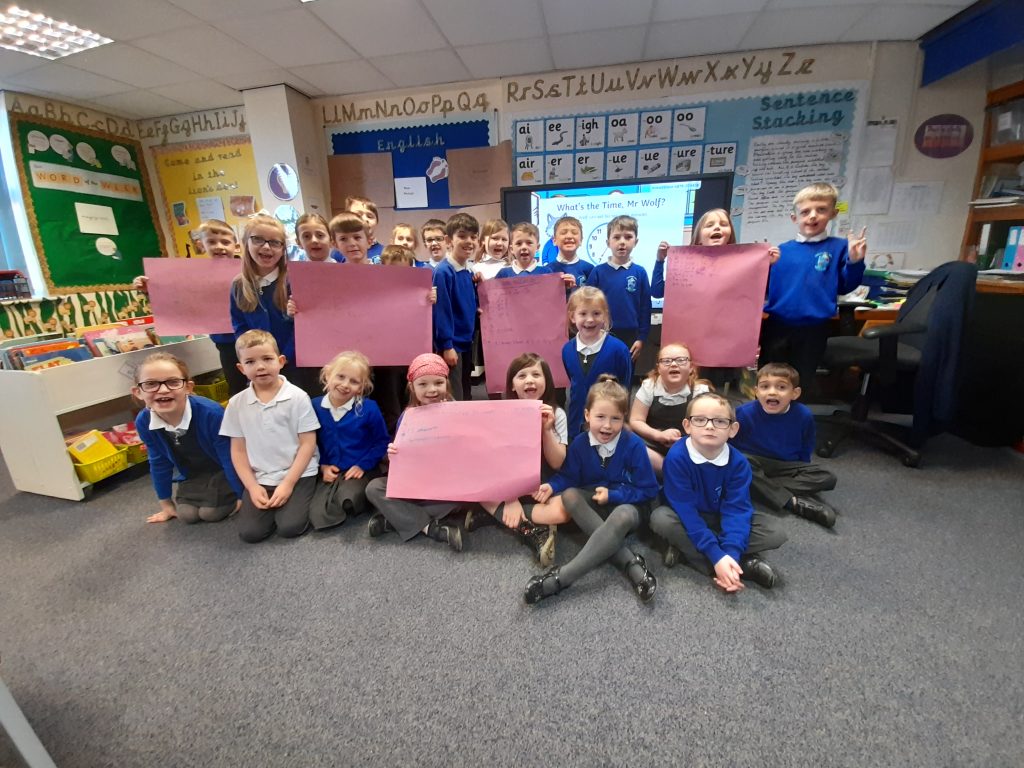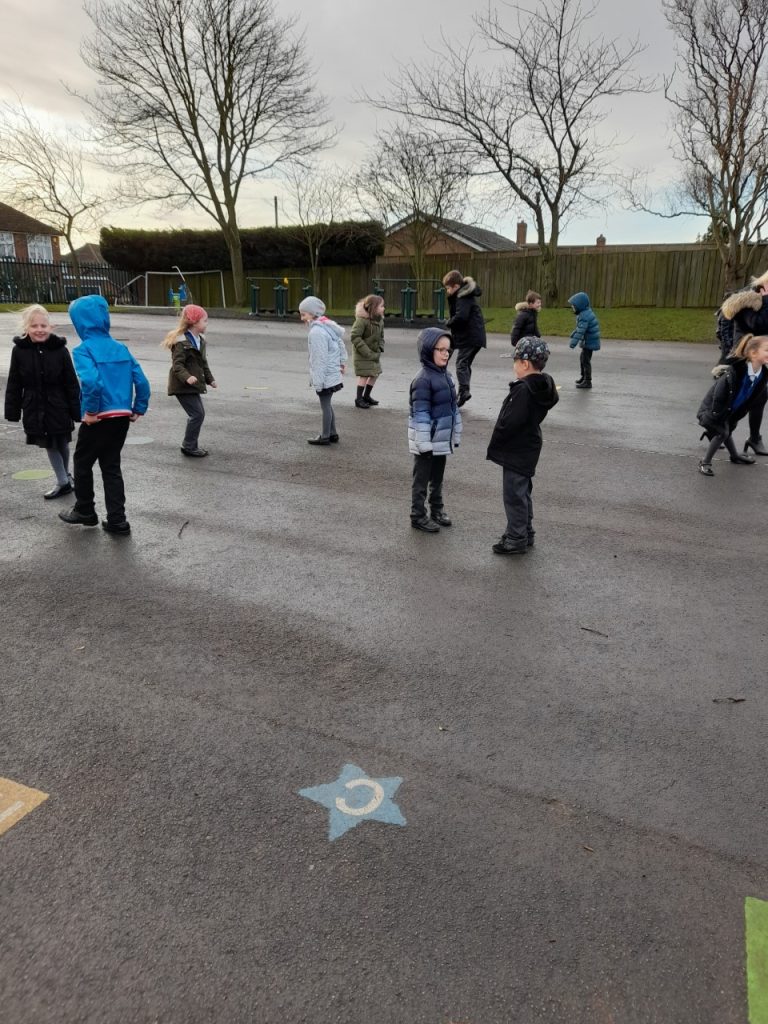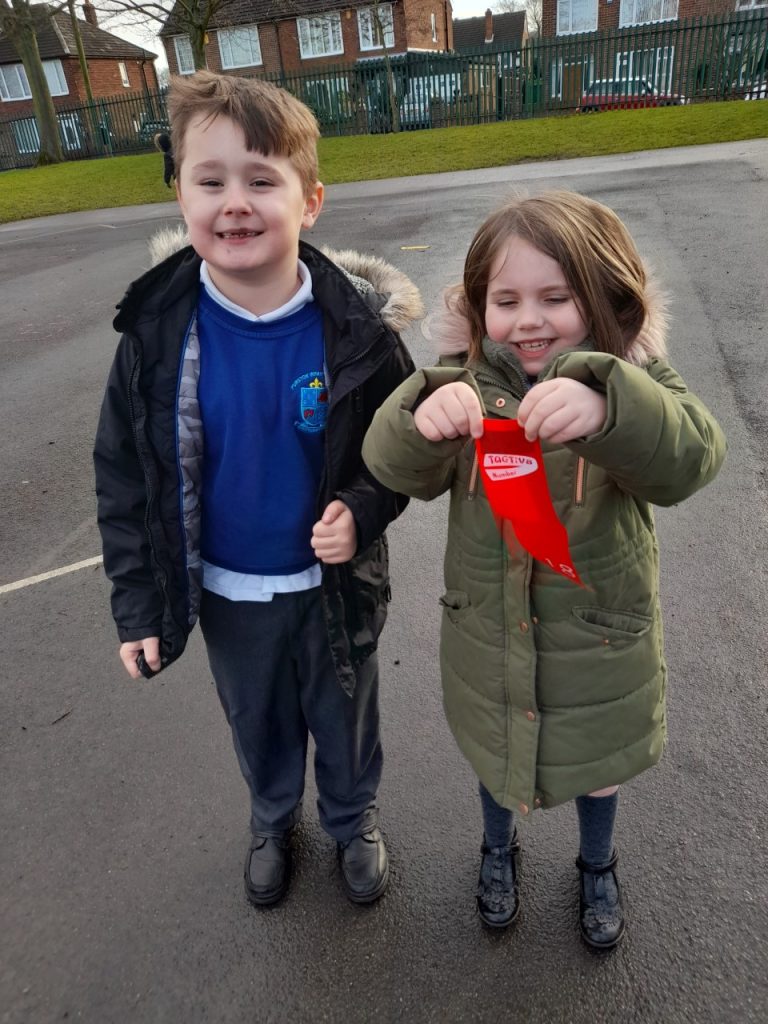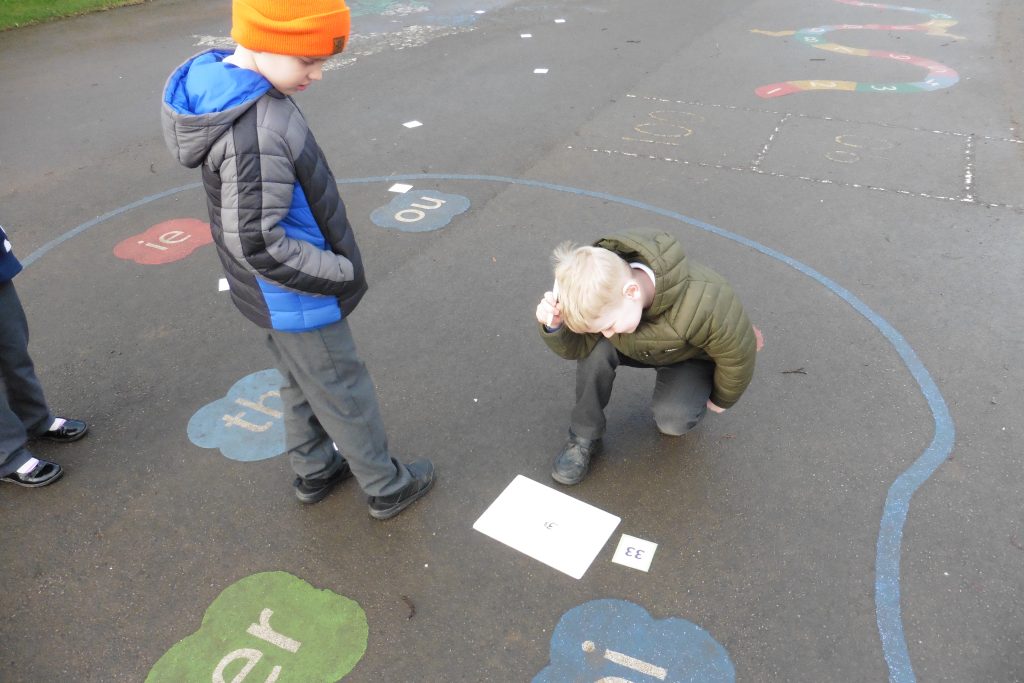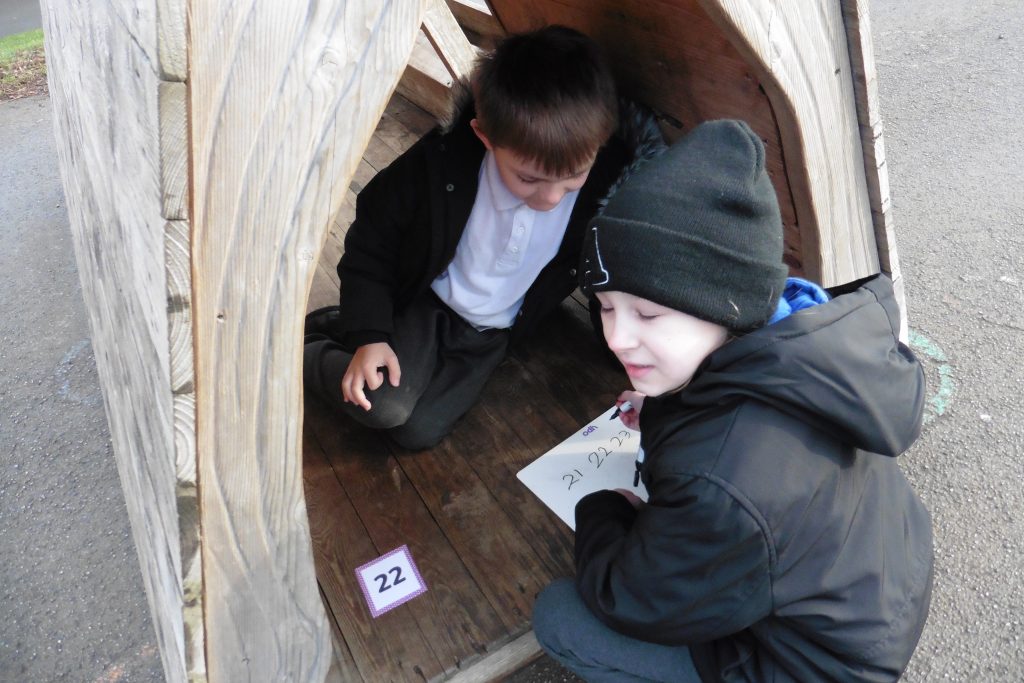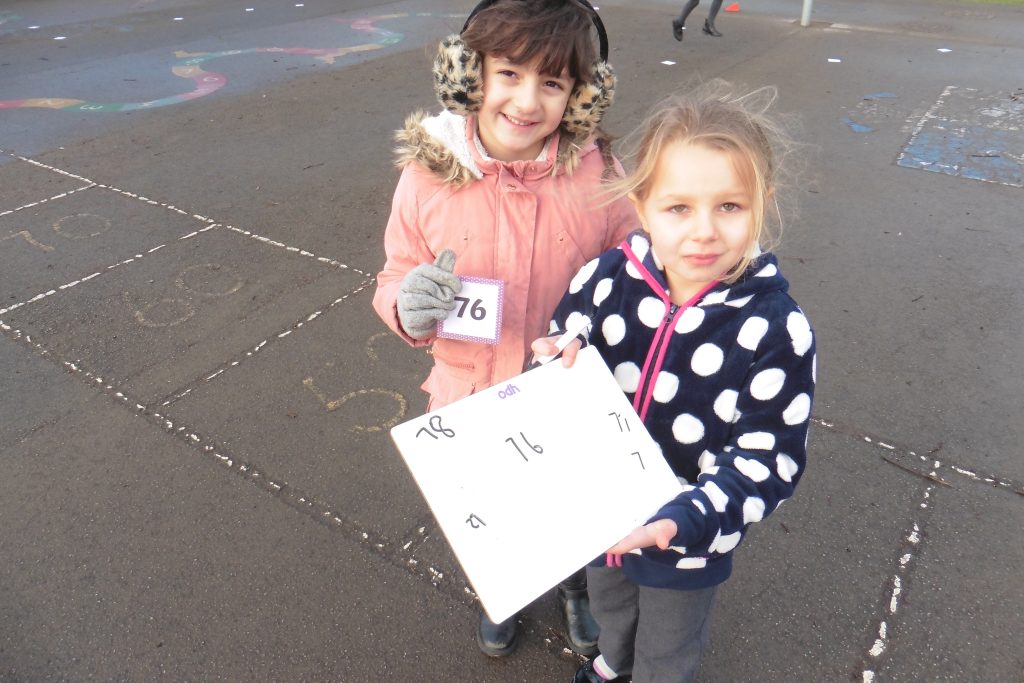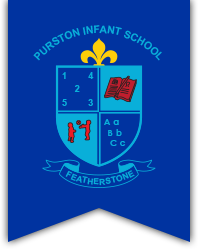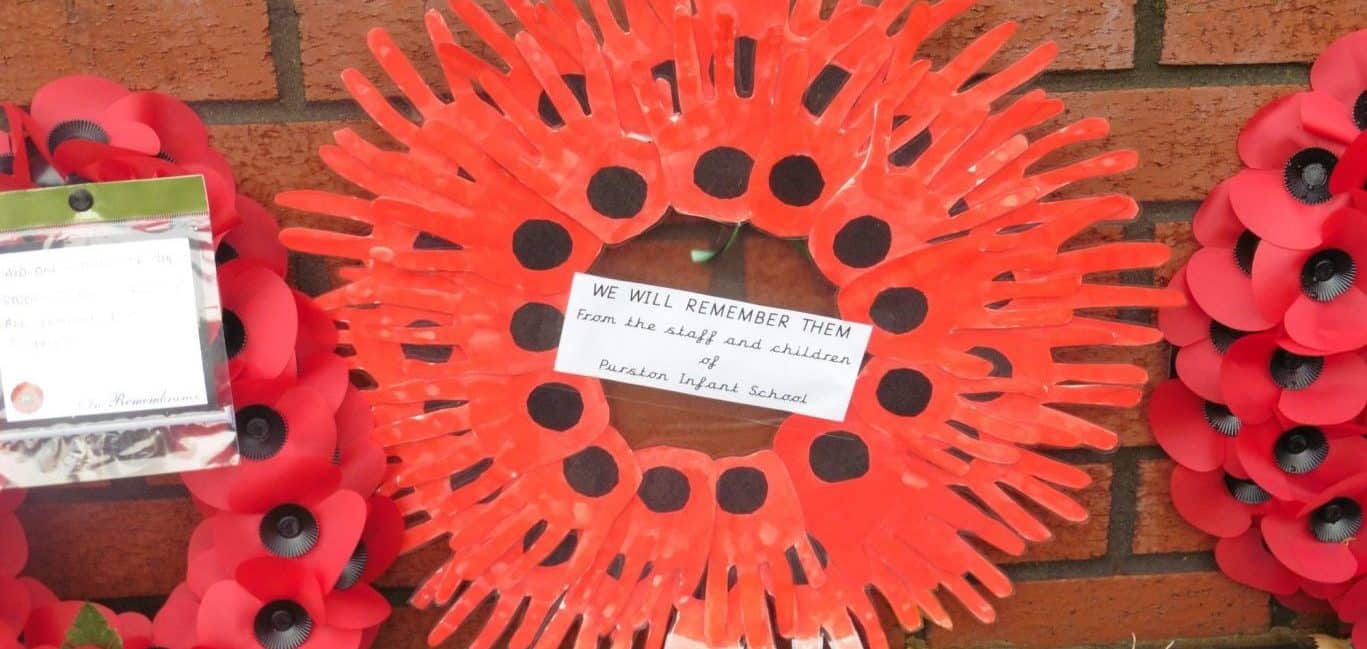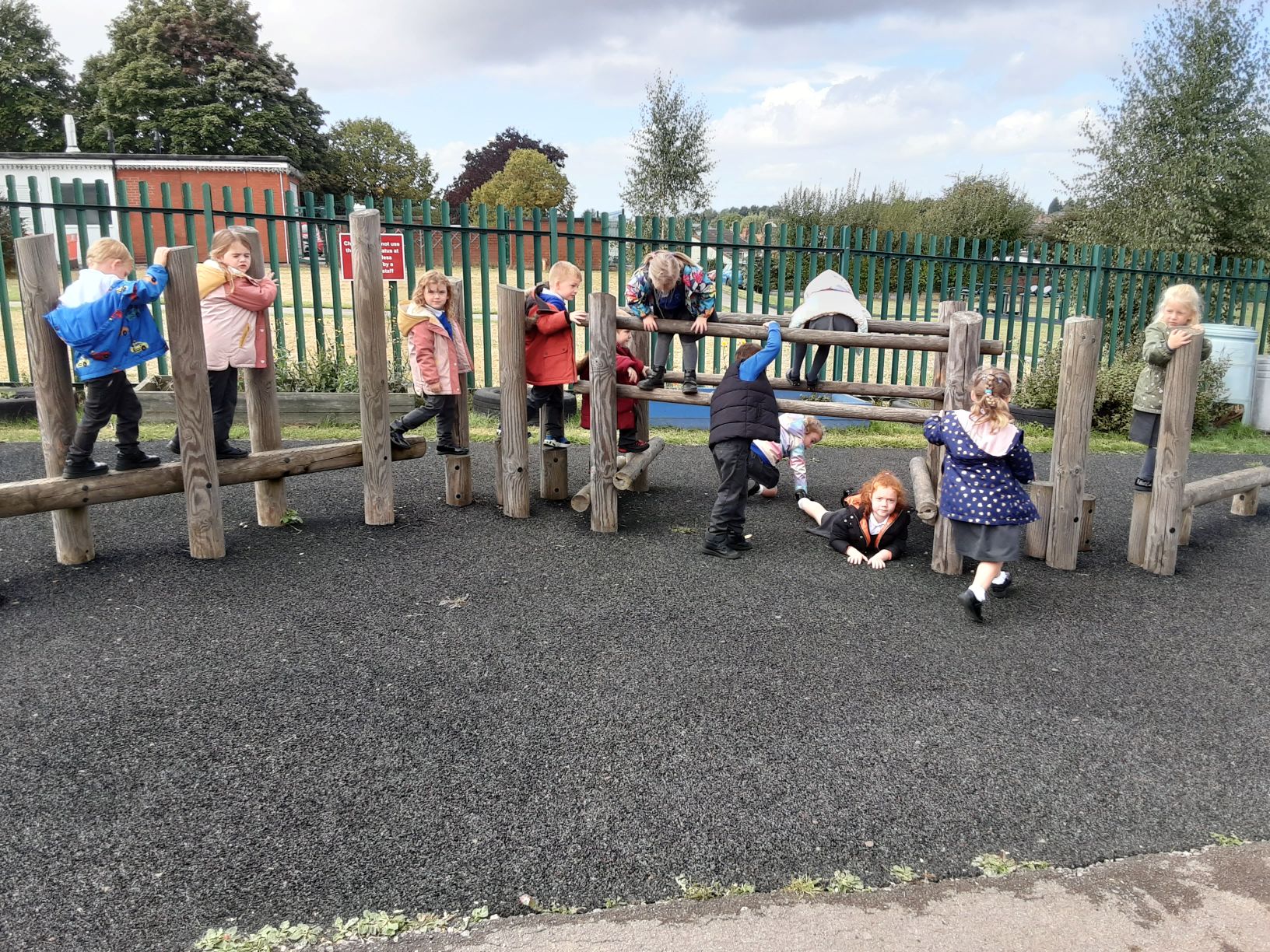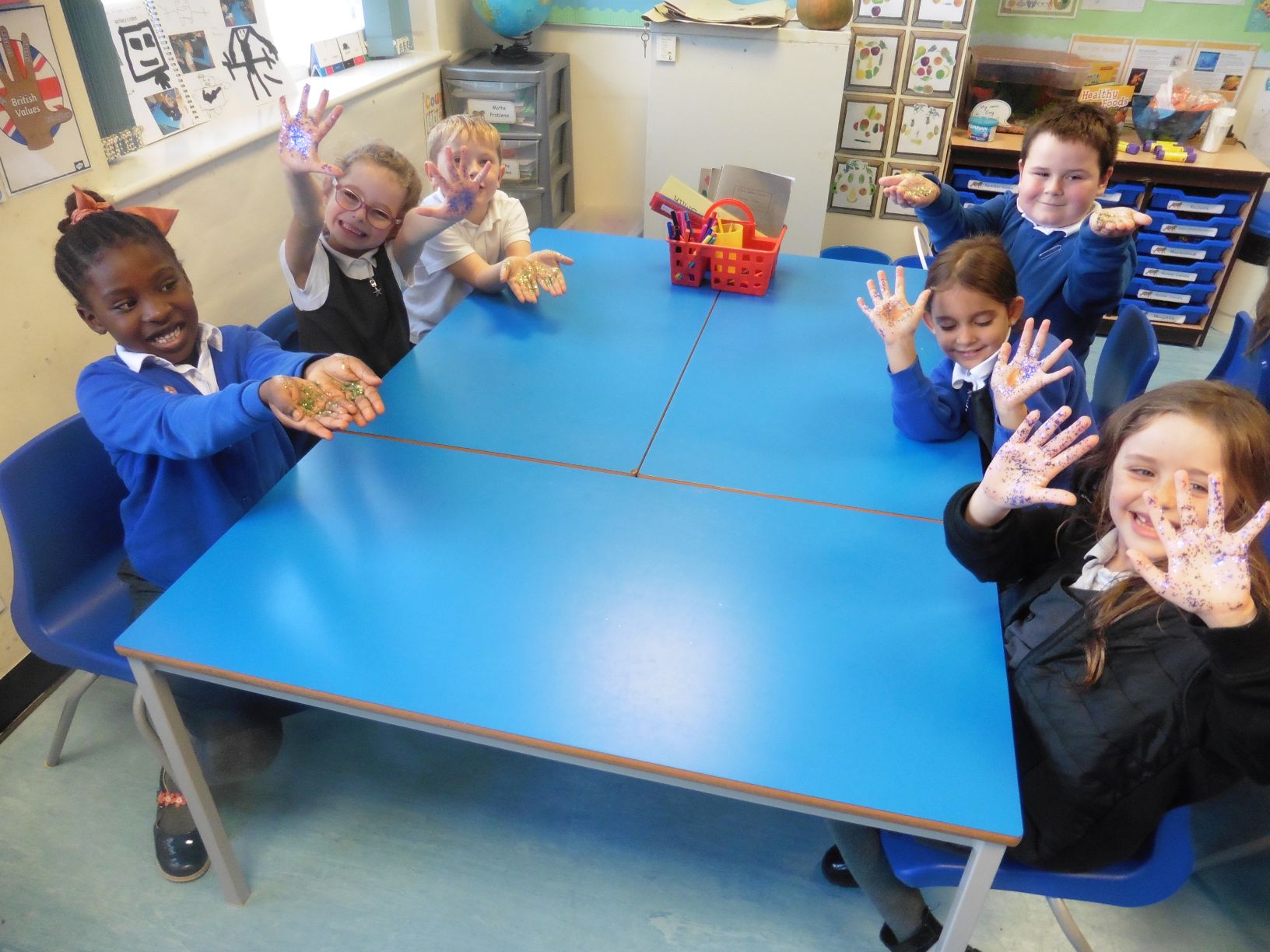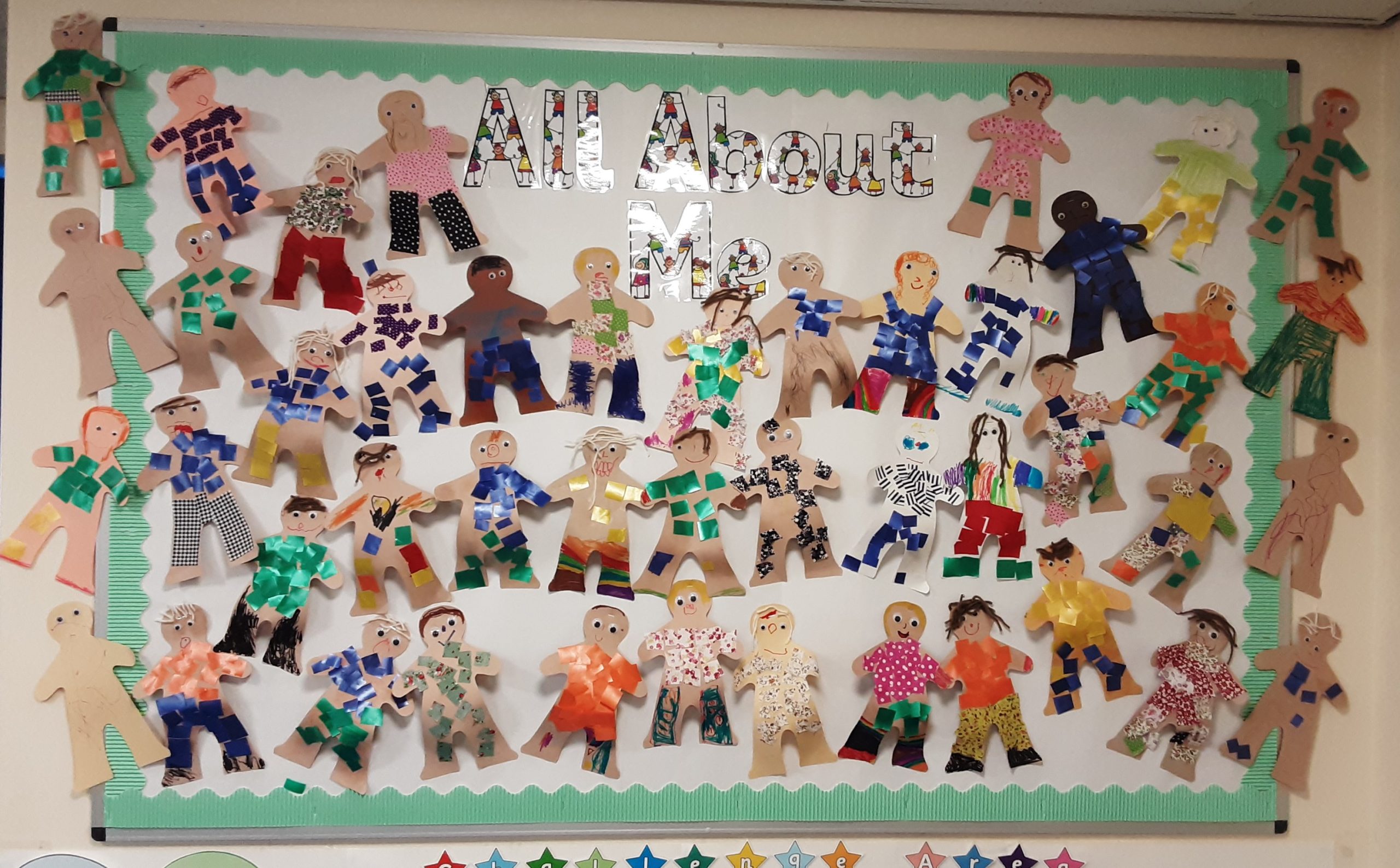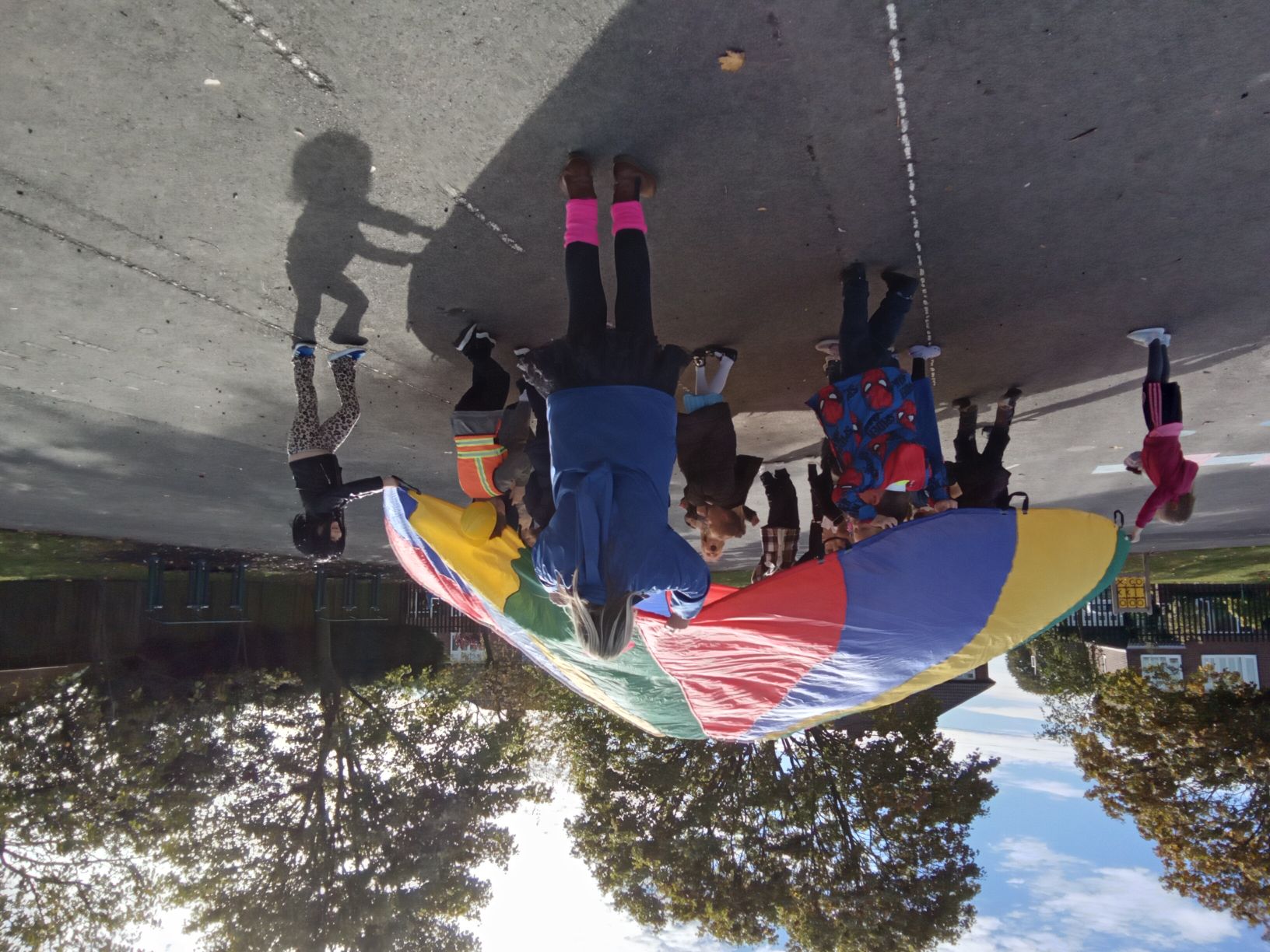At Purston Infant School we are passionate about teaching maths. Like all the other subjects we strive to make all of our maths lessons as exciting, practical and as real life as possible. We teach our children using a mastery approach. All children are encouraged to work towards achieving mastery in maths, children are provided with activities that build upon concrete, pictoral and abstract opportunities in order to acquire a deep, long-term and secure understanding of mathematical concepts. We strive to provide opportunities to develop fluency within maths, ensuring children have the opportunity to embed their mathematical knowledge through meaningful reasoning and problem solving activities whilst challenging children’s thinking through questioning.
Mathematics teaches children how to make sense of the world around them through developing their ability to calculate, reason and solve problems. It enables children to understand relationships and patterns in both number and space in their everyday lives.
The national curriculum for mathematics aims to ensure that all pupils:
- become fluent in the fundamentals of mathematics, including through varied and frequent practice with increasingly complex problems over time, so that pupils develop conceptual understanding and the ability to recall and apply knowledge rapidly and accurately.
- reason mathematically by following a line of enquiry, conjecturing relationships and generalisations, and developing an argument, justification or proof using mathematical language
- can solve problems by applying their mathematics to a variety of routine and non-routine problems with increasing sophistication, including breaking down problems into a series of simpler steps and persevering in seeking solutions.
Mathematics content can be accessed from; www.gov.uk/government/publications/national-curriculum-in-england-mathematics-programmes-of-study
In order for parents to support children’s learning at home knowledge organisers are sent out on a half termly basis, these provide parents with information on the concepts being taught and links to support learning at home with homework ideas.
Every child in school has log in details in order for them to access Numbots at home. NumBots is designed to develop recall and fluency in mental addition and subtraction, so that children move from counting to calculating. Below is a link to the log in page.
https://play.numbots.com/#/account/school-login/118030
Here are some useful websites for you to use with your children to support their learning in mathematics:
For maths games
Numberblocks – activities with links to the Numberblocks Videos, these are ideal for children in Nursery, UFS and Year 1
https://www.ncetm.org.uk/classroom-resources/ey-numberblocks-at-home/
Counting with Jack Hartmann, you can get moving and learn to count in 1’s, 2’s, 5’s and 10’s, perfect for all year groups
Jack Hartmann You Tube Channel
Here is a link to the Numberblocks episodes page on BBC iplayerideal for children in Nursery, UFS and Year 1
https://www.bbc.co.uk/iplayer/episodes/b08bzfnh/numberblocks
Activites to develop reasoning and problem solving skills, you can select the year group from Foundation Stage to Year 2
Videos and activities to develop mathematical concepts
BBC Bitesize Foundation Stage Maths
Join in with Little Learners on CBeebies and explore all of these fun and free maths games, activities and clips. Ideal for Nursery and UFS children
https://www.bbc.co.uk/cbeebies/topics/numeracy
Links to Oak Academy lessons for Early Years and KS1
Fun counting songs from Scratch Garden for all year groups
https://www.youtube.com/user/ScratchGarden
We had a lovely day celebrating World Number Day whilst supporting NSPCC and raising money by having lots of Number Fun! Crocodiles had fun learning to recognise and write numbers to 5. They played snakes and ladders and sang lots of number songs.
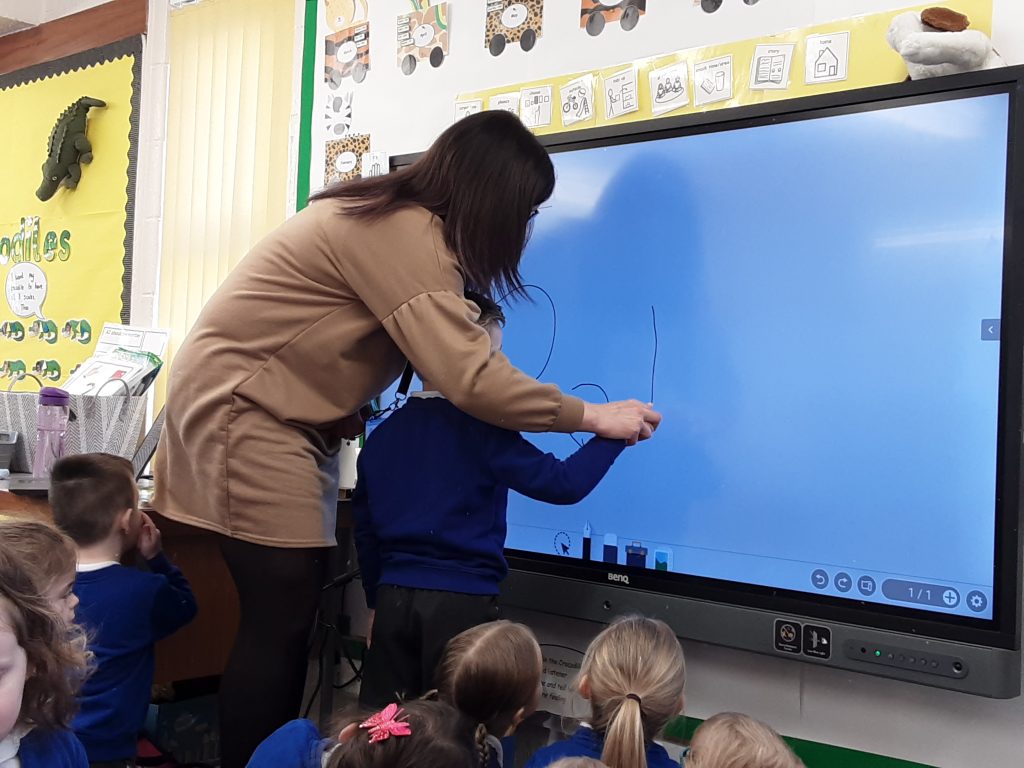
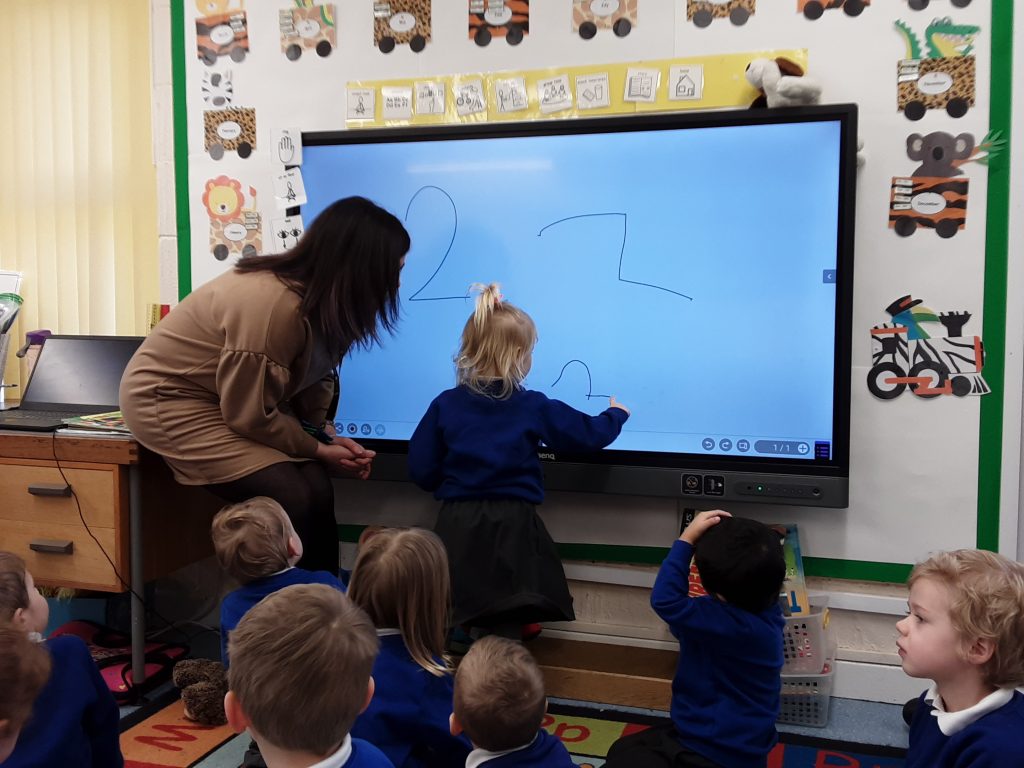
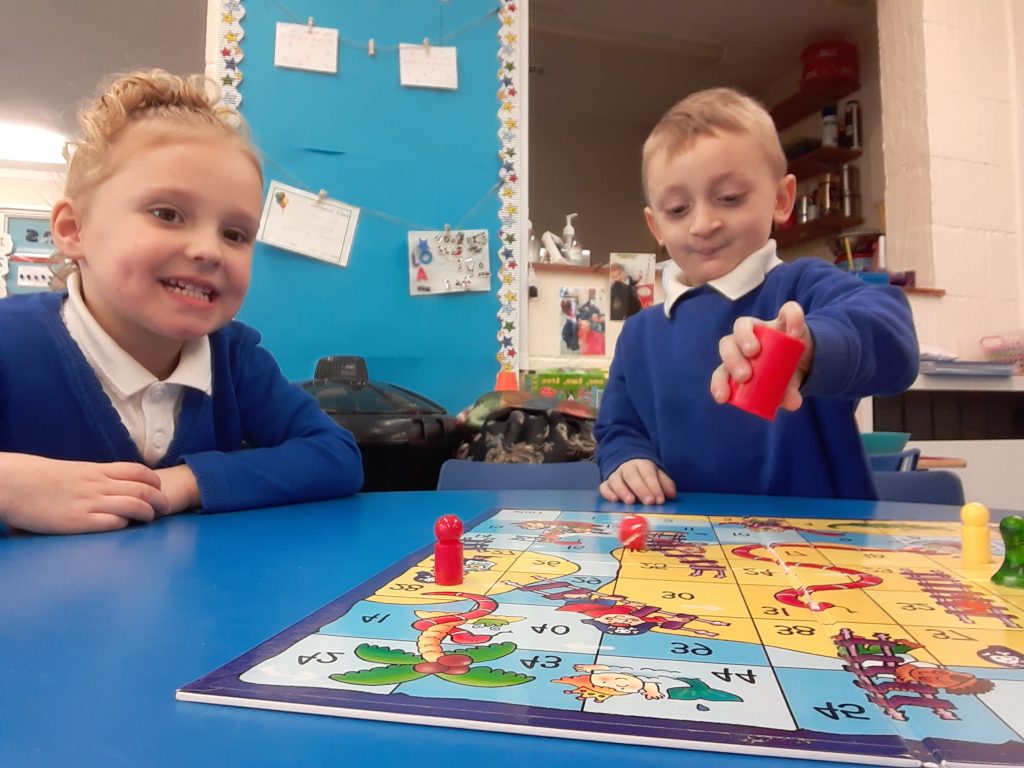
Monkeys and Elephants enjoyed making pictures using shapes, playing dominoes, making patters, doing number jigsaws and making collections of different amounts.
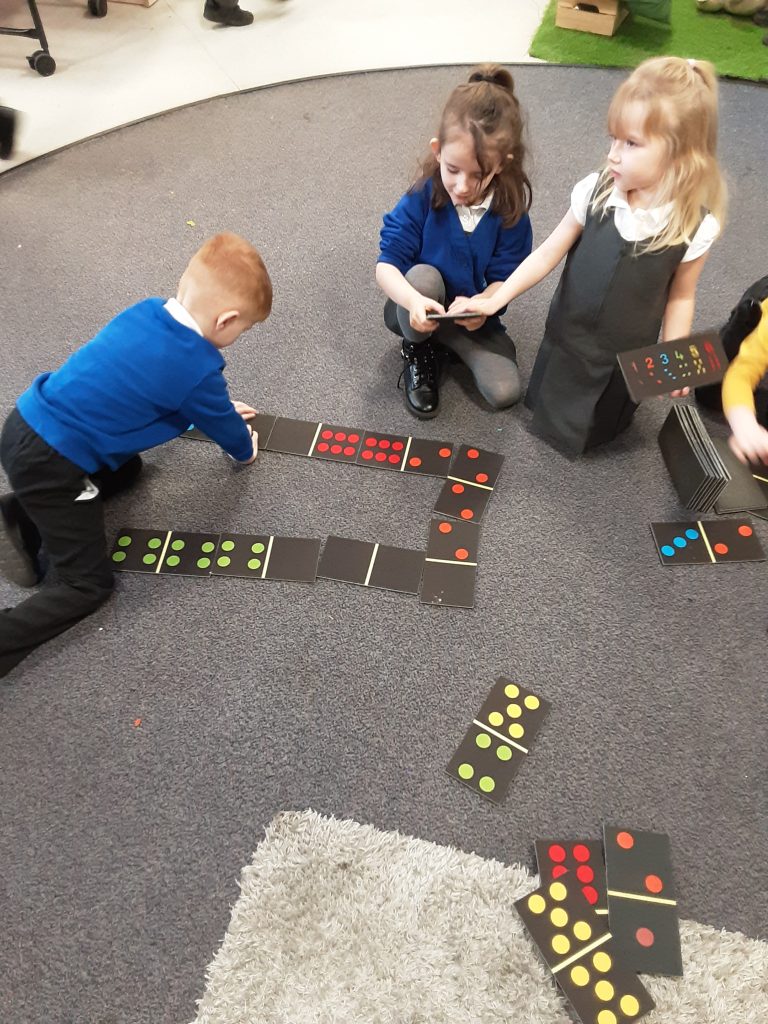
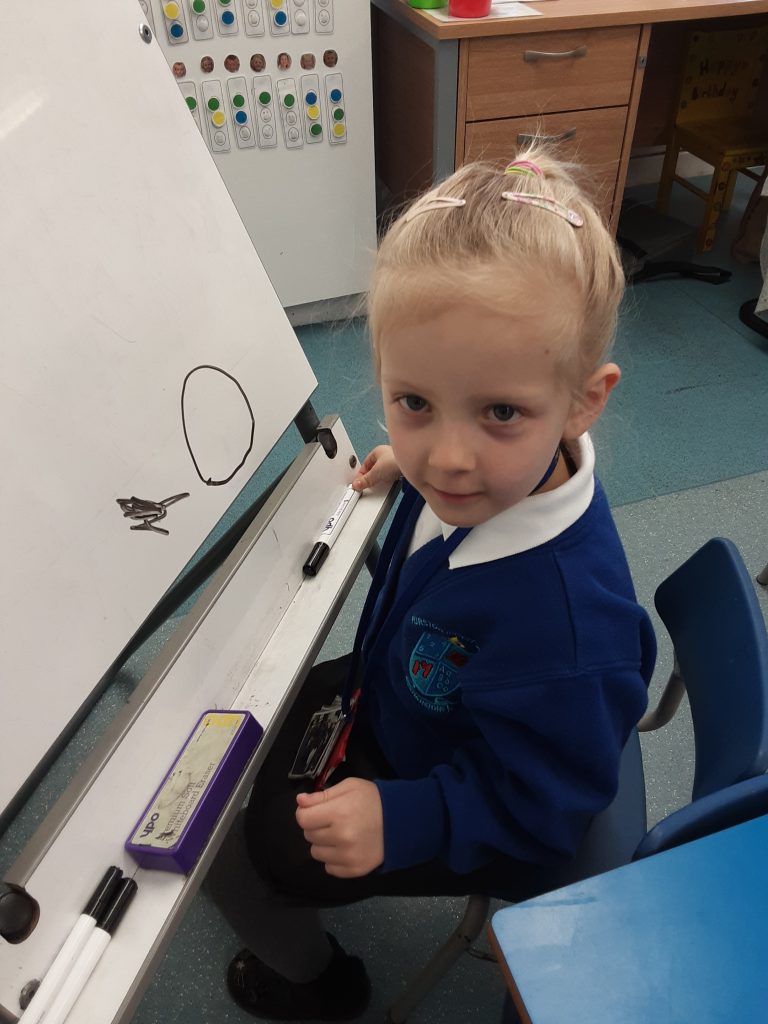
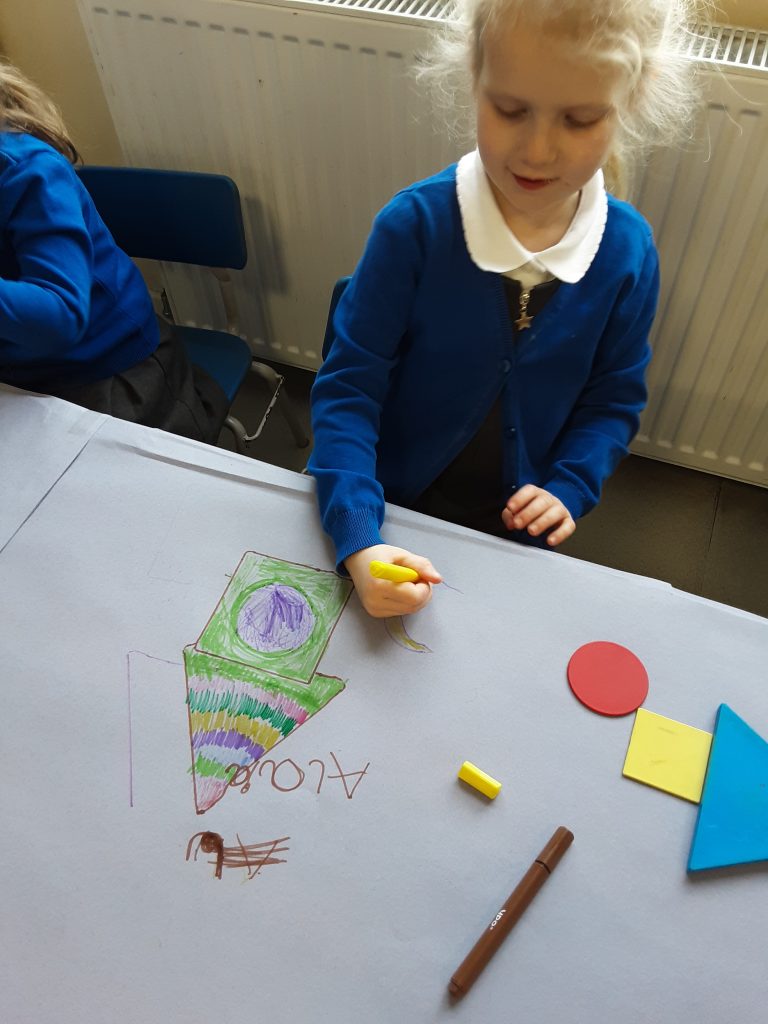
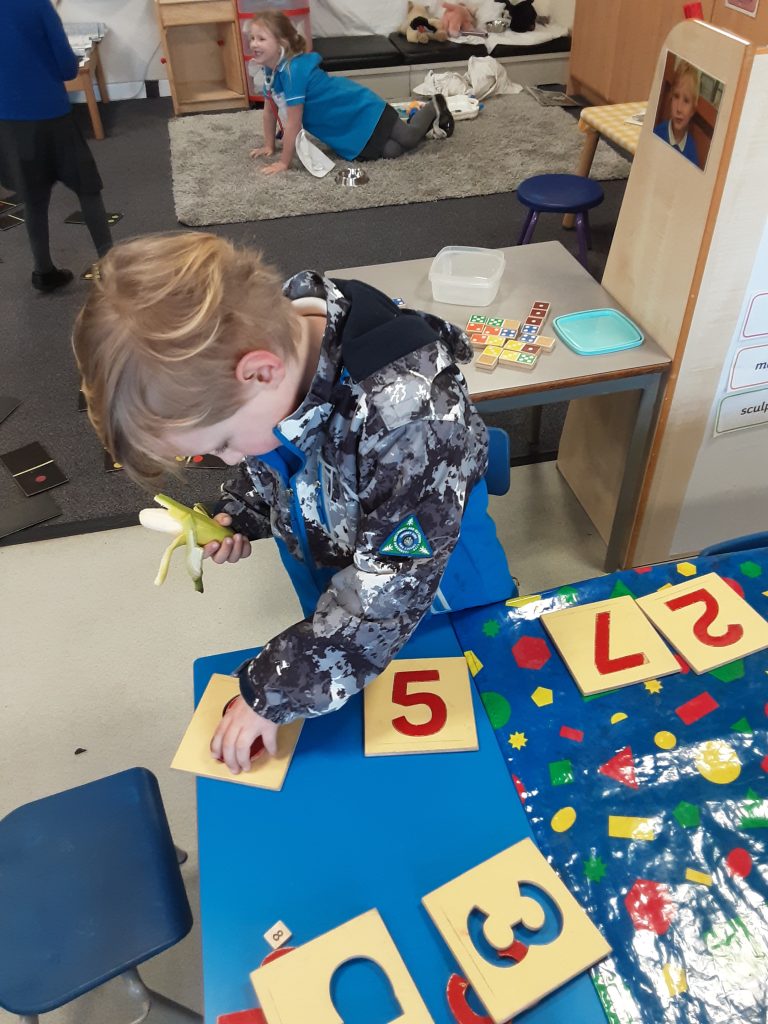
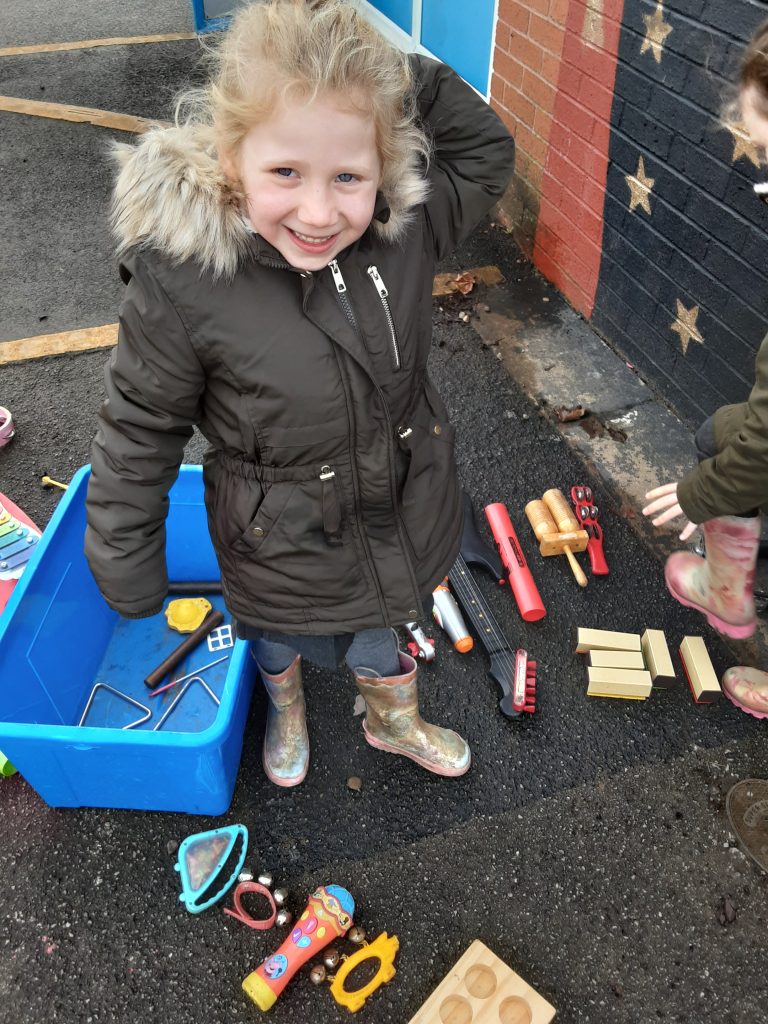
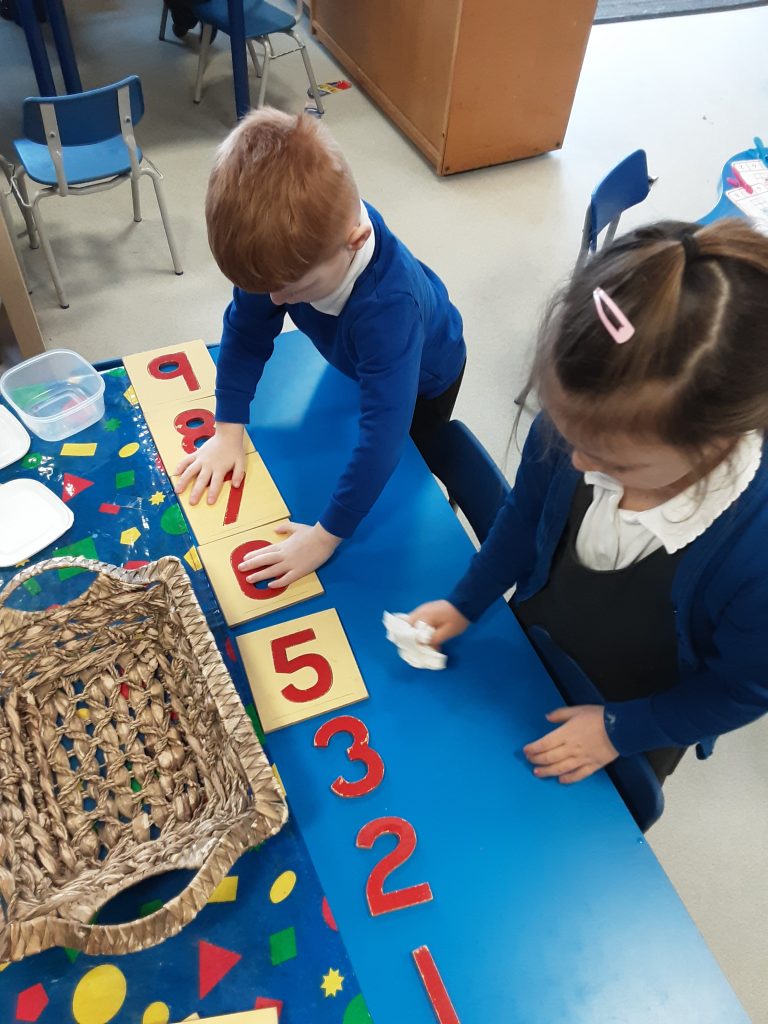
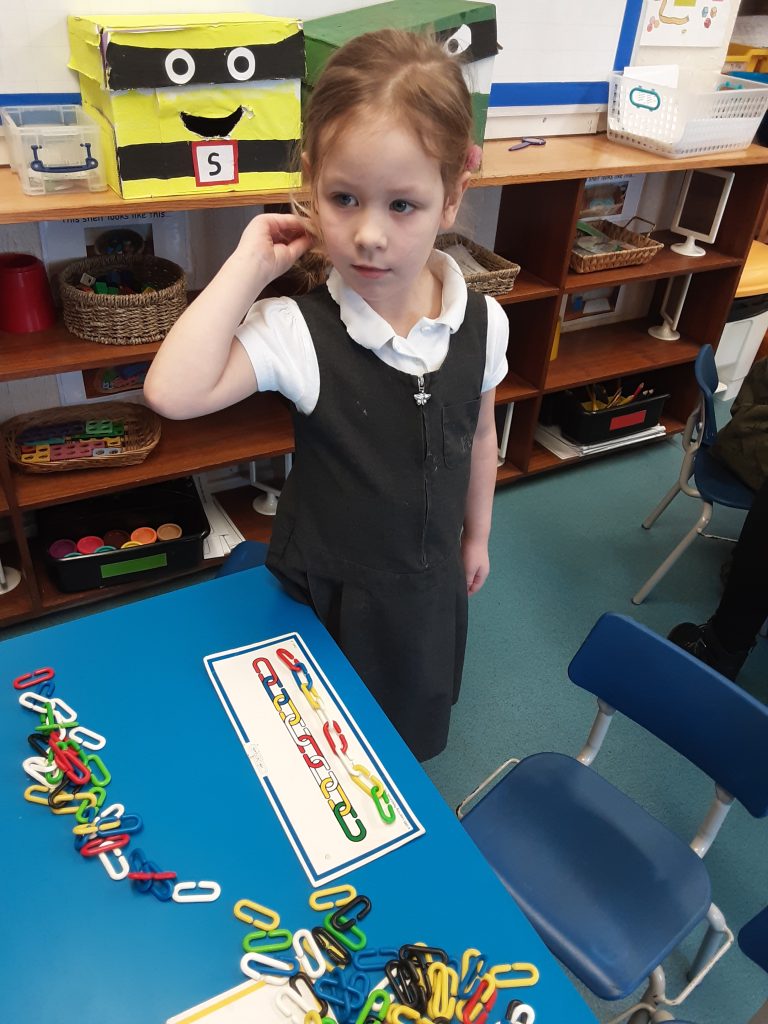
Kangaroos and Giraffes shared the book ‘The Very Hungry Caterpillar.’ They counted the foods and made their own hungry caterpillars. Next they made their own caterpillars using food. They counted all the different foods and practiced their number formation when writing lists of what they had used.

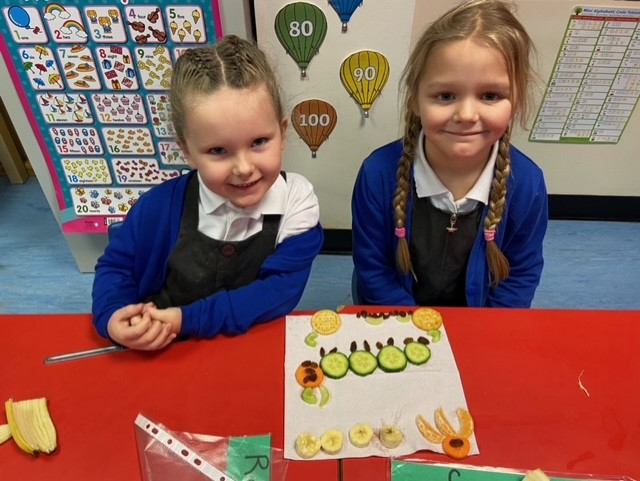
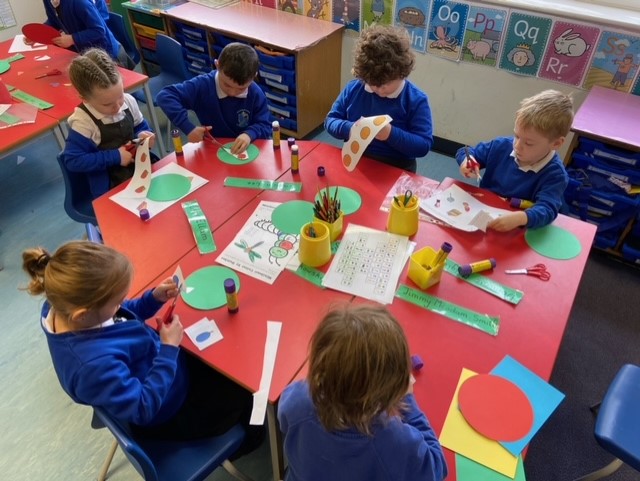
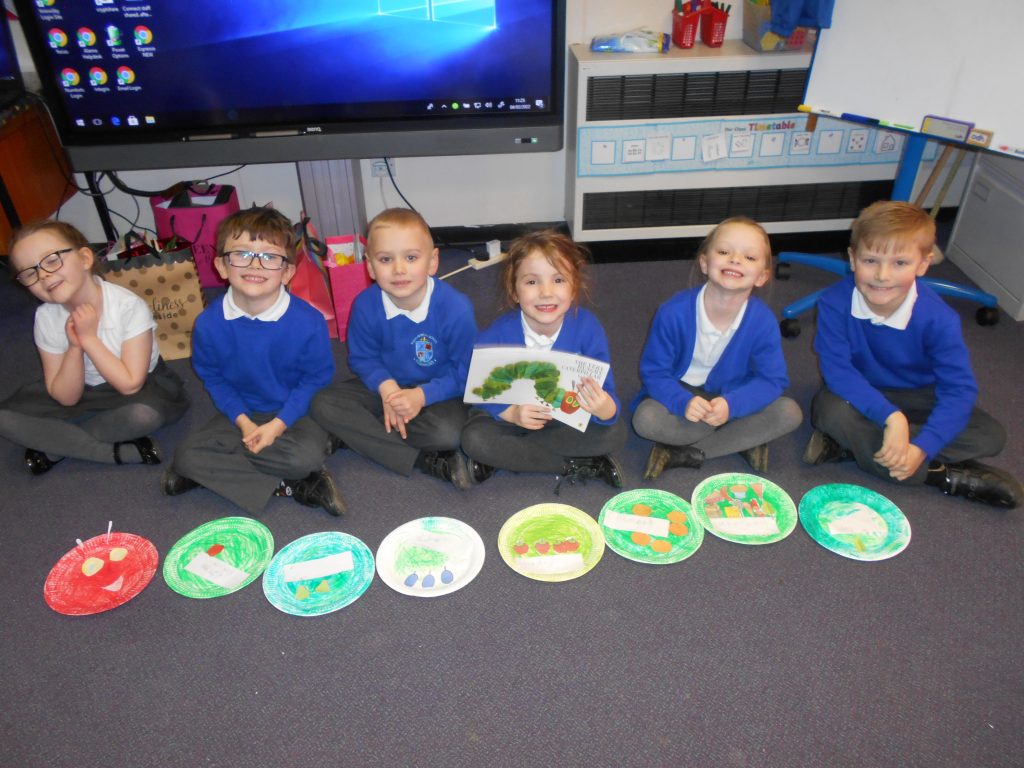
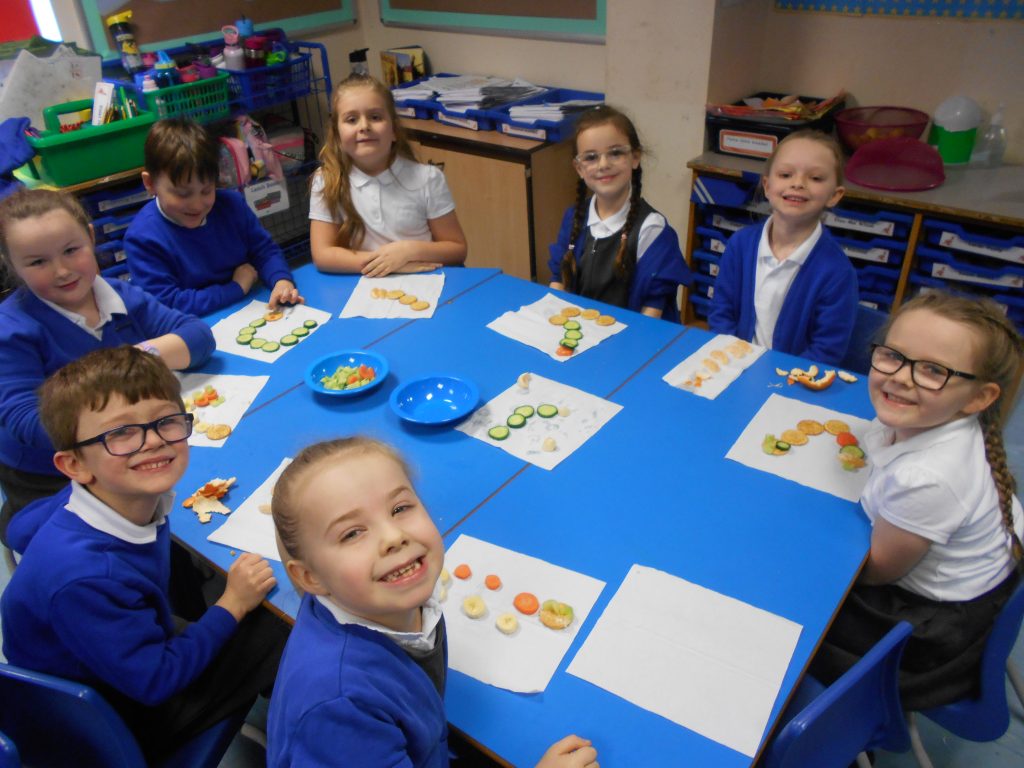
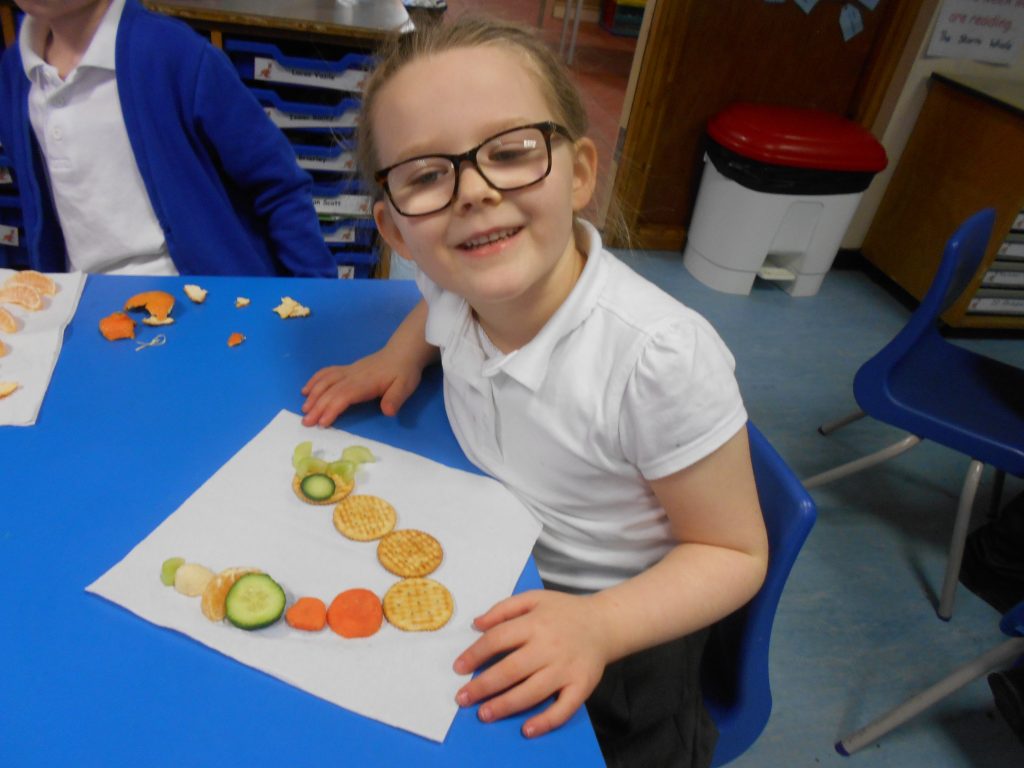
Year 2 had fun finding numbers outside. They had to find a number and record one more and one less. Then they recorded ten more and ten less.
